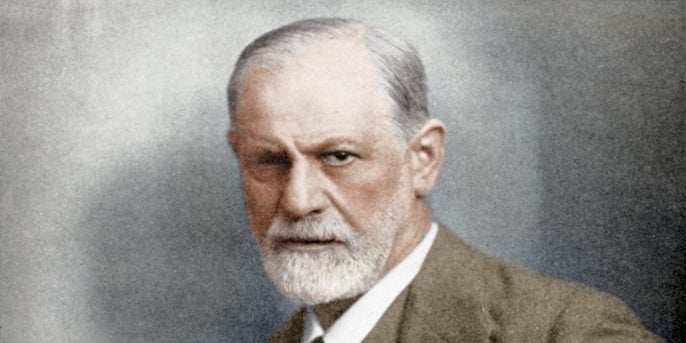The father of psychology and an Austrian neurologist, Sigmund Freud was born in Freiberg, Moravia, in the Austrian Empire on May 6, 1856. Pbor is now in the Czech Republic.

Frank Freud
His development of psychoanalysis serves as a theory of the human psyche, a remedy for curing human illness, and an explanation of culture and society. In spite of Freud’s work’s merits and repeated criticisms, his allure persisted long after his passing and in contexts outside of psychology as it is generally understood. If the “spiritualist” replaced earlier ideas such as political, religious, or economic as a self-governing person in the 20th century, as the American sociologist Philip Rieff once claimed, it is in large part because of the strength of Freud’s vision and. akin to the endlessness of the body of knowledge he left behind.
Childhood and Organization
When Freud was born, his father, who was 40, appeared to be distant from the ruler, whereas his mother appeared to be nurturing and emotional. Although Freud had two older brothers, John, who was a year older than him and served as the example of his closest friend, appears to be the strongest and to have an incredible amount of interest. and the despised adversary that Freud frequently focused onat a later time in his life. lead.
Psychoanalytic Theory of Sigmund Freud.
Only ten years later, when he started using free association instead of Charcot’s hypnotic technique, did Freud fully grasp the significance of Breuer’s experiments. This revolutionary method was published in conjunction with Freud and Breuer in 1895 under the title Studies in Hysteria. It was partially a supplement to the automatic writing developed by the German-Jewish author Ludwig Börne a century earlier and partially based on his own medical experiences and those of other hysterics. The method, which has a long history and is known as ignorance, works by encouraging the patient to express every thought that occurs to them in association. This object is frequently concealed, forgotten, or unable to receive proper thought due to its conflict with other unconscious thoughts or inconsistency with conscious thought. Lack of open communication, including stuttering and brief silences. Such obstacles—Freud referred to them as resistance—must be overcome in order to expose concealed conflicts. More significantly, he made the connection between the struggle between a sexual urge or need and psychic defense against it as the cause of neurotic symptoms. He went on to say that it is crucial to be able to bring this conflict into the open and explain what it means as well as how to send out a help signal, which is understood to be the creation of a loose agreement at the intersection of need and security.
Screen for Reminders
Although Freud had a strong understanding of the psyche, he was initially unsure of the precise position of the sexual side within it. His patients appear to recall their previous encounters, which were frequently sexual. In order to understand these events, Freud first had to accept them as they were. Then, as he revealed in his now-famous letter to Fliess on September 2, 1897, he came to the conclusion that these shocking memories weren’t actually memories of events, but rather the lingering impulses of childhood and the desire to be seduced by adulthood. He would later refer to the memory as a screen memory, an illusion that covered up the initial desire, rather than a true memory. In other words, Freud came to the conclusion that the main driver of other conflicts is the child’s illusions and desires, rather than supporting the harmful adult plans in the etiology of neuroses.
Understanding Dreams
Drawing on the testimony of his own dreams and the testimony of those reported in his clinical practice, Freud argued that dreams play a significant role in the mental economy in Die Traumdeutung, which many commentators consider to be his masterpiece. Die Traumdeutung was published in 1899 and given a ninth-century date to emphasize its contemporary nature. The power of the mind, which Freud called libido and which is also known as the sexual drive, is a subtle, passive power that can be overbearing and offensive. He seeks comfort in any way he can in order to guarantee happiness and avoid suffering. Libidinal energy may try to escape through the channel of thought if the satisfaction offered by motor activity is rejected. Or, in The Interpretation of Dreams’ terminology, wishes can come true by making wishful assumptions. Freud asserted that every dream is the realization of such a wish, even those that manifest overt anxiety.
Another Evolution of Thought
names being misread or forgotten. Freud recognized that since these errors have symptoms, they must be explained. But unlike dreams, they can begin by immediately attacking enemies, jealousy, or selfishness rather than having to reveal a child’s desire.
Related Posts
Donald Trump – Best Guide in 2023
